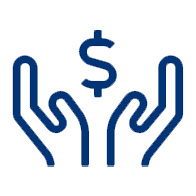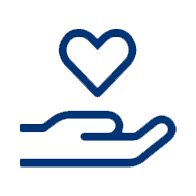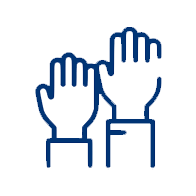Anxiety is a manageable condition. It is important to seek help to manage your anxiety if it is preventing you from functioning in a normal way.
If you know someone who is affected by anxiety encourage them to seek help and reassure them that there are treatment options available.
Below are some strategies you may find helpful if you are experiencing anxiety:
- Identify how you are feeling and acknowledge your emotional response in relation to the situation. Accept your experience and talk to someone about how you are feeling.
- Learn to relax — while this is not always helpful for people experiencing panic attacks, simply focusing on your breathing can be a very effective tool to manage the physical symptoms of anxiety. An example of a breathing technique is provided below:
Breathe in slowly, counting silently to yourself: 1…2…3…4…5…
Hold your breath for a moment
Breathe out slowly, counting silently to yourself: 1…2…3…4…5…
Continue to breathe in this way for a few minutes to assist your arousal levels to reduce. Once you have calmed down you will be able to think more clearly and rationally.
- Practice meditation. There are guided meditations available online and apps you can download for free. Some examples include:
headspace Meditation App – check it out here – Smiling Mind Meditation for Young People – check it out here
- Avoid negative coping strategies and avoidance techniques – Face your Fears! People with anxiety may use substances such as alcohol and other drugs to cope with their symptoms. They may also exhibit other unhelpful coping strategies (such as avoidance techniques) which serve to provide short-term relief, however exacerbate their anxiety in the long-term. It is important to face your fears and learn to ‘sit with your emotions’. If this is too difficult, it is best to seek support and treatment.
• Engage in a treatment for anxiety. Cognitive Behavioural Therapy (CBT) is an effective evidence-based treatment for anxiety disorders. CBT addresses the thoughts that contribute to anxiety and assists with behavioural change including reducing the tendency to avoid things that provoke anxiety











